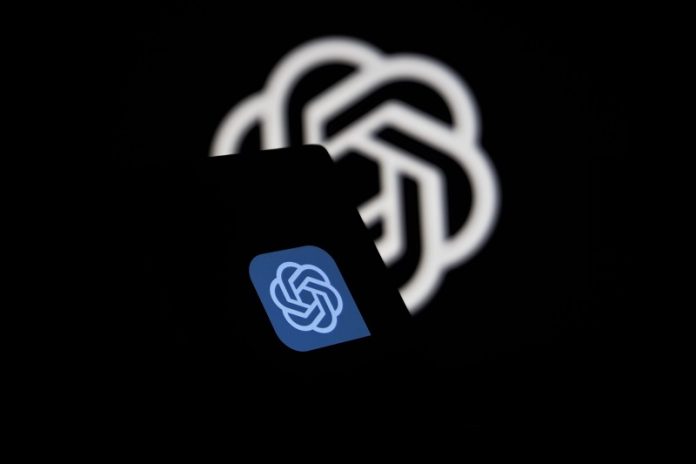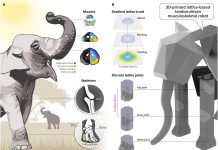
Artificial intelligence (A.I.) has proven to be a valuable tool in accelerating scientific discoveries, according to a recent study conducted by researchers at the University of Chicago.
Their work, published in Nature Human Behaviour, highlights how A.I. can predict new scientific breakthroughs and even generate novel hypotheses that humans might overlook.
By incorporating A.I. into the scientific process, researchers can augment their own abilities and push the boundaries of knowledge further than ever before.
The researchers created models that could predict the inferences made by scientists and even identify which scientists were likely to make these discoveries.
They found that by considering not only the content of research but also the collaboration and competition among scientists throughout history, their A.I. models significantly improved predictions of future discoveries.
In fact, the models demonstrated a 400% enhancement in predictive accuracy, particularly when there was limited relevant literature available.
Additionally, the A.I. models were able to identify the actual individuals who were likely to make these discoveries with over 40% precision.
The researchers went a step further and developed models that could generate scientifically promising hypotheses, termed “alien” hypotheses, which were unlikely to be considered by humans until the distant future, if at all.
These alien hypotheses offered new and unexplored avenues of scientific inquiry. By avoiding the biases and limitations of human scientists, the A.I. models opened up entirely new territories for exploration.
The study’s lead author, Professor James A. Evans, emphasizes that A.I. should not be seen as a mere imitation of human intelligence but as a means of radically augmenting our collective intelligence.
Rather than replicating what human scientists are likely to think in the near future, A.I. systems can move beyond existing methods and collaborations, expanding human capacity and supporting improved exploration.
By understanding the limitations of human understanding, researchers can design A.I. systems that compensate for these limitations, leading to a collective increase in knowledge.
The integration of A.I. in scientific research holds immense potential for accelerating discoveries. By building A.I. models that are aware of human expertise and behaviors, scientists can enhance their predictive abilities and uncover groundbreaking insights.
Moreover, A.I. can assist in exploring uncharted territories by generating novel hypotheses that challenge existing knowledge. This shift towards radically augmented intelligence empowers scientists to break free from traditional approaches and propel scientific progress to new heights.
With the advent of human-aware A.I., scientific discoveries are poised to reach new frontiers. The University of Chicago study demonstrates the potential of A.I. in predicting and expanding scientific discoveries.
By complementing human capacity, A.I. systems can accelerate scientific progress, push beyond the boundaries of current knowledge, and lead to revolutionary breakthroughs.
As we continue to unlock the power of A.I., our collective intelligence will be significantly amplified, enabling us to uncover the mysteries of the universe and improve our understanding of the world around us.
Follow us on Twitter for more articles about this topic.



